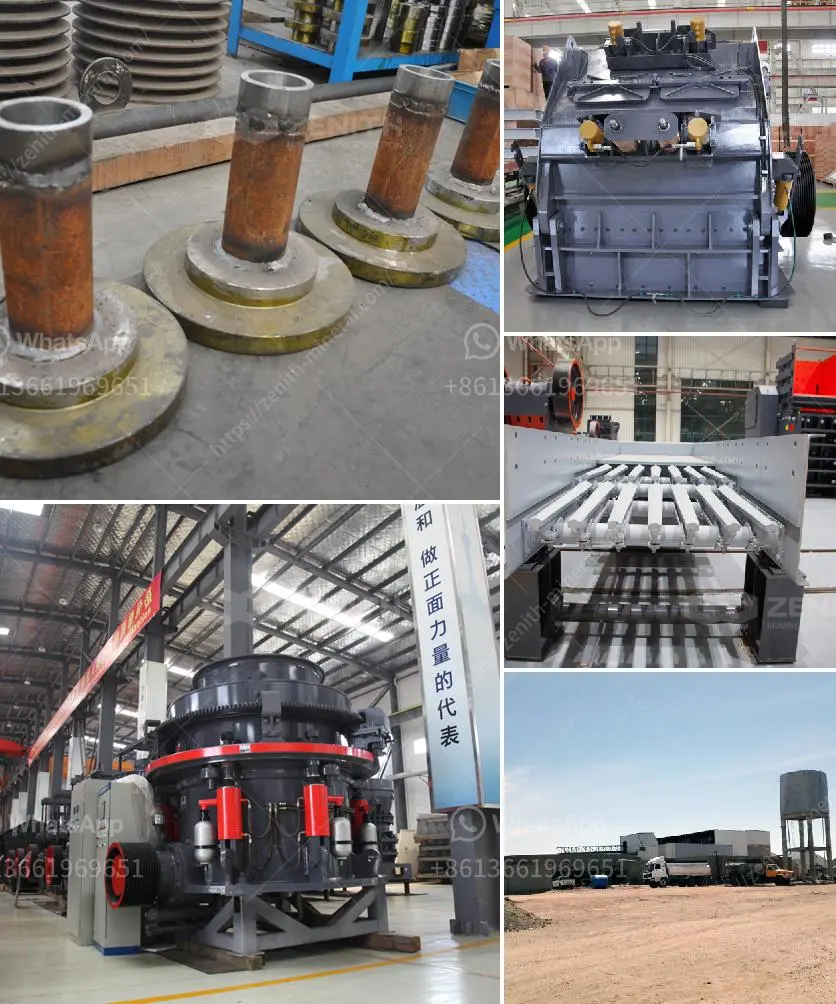When considering whether a jaw crusher or an impact crusher is more efficient for granite processing, several factors need to be taken into account:
-
Material Characteristics:
- Hardness and Abrasiveness: Granite is a hard and abrasive material. Jaw crushers are generally more effective for primary crushing of hard materials, as they can handle larger, harder rocks. They apply compressive force and are less likely to wear down quickly compared to impact crushers.
- Granularity Requirements: Impact crushers produce more fines (smaller particles) and can achieve a more uniform particle shape. If a specific shape or size is required, an impact crusher might be preferred for secondary or tertiary crushing.
-
Stage of Crushing:
- Primary Crushing: Jaw crushers are typically used for primary crushing because they can handle larger feed sizes and are very robust.
- Secondary/Tertiary Crushing: Impact crushers are often used for secondary or tertiary crushing due to their ability to produce smaller, more uniform aggregate.
-
Operational Considerations:
- Efficiency and Throughput: Jaw crushers are generally more energy-efficient for primary crushing. Impact crushers can be more efficient if used appropriately for secondary crushing, especially when particle shape is a crucial factor.
- Maintenance and Wear Costs: Jaw crushers are generally more durable and have lower maintenance costs when crushing hard materials like granite. Impact crushers may require more frequent maintenance due to wear from the high-speed impact on the materials.
-
Output Requirements:
- The choice between the two may also depend on the desired output. If a cubic shape is needed, an impact crusher may be more suitable in the later stages of processing.
-
Cost Efficiency:
- Cost considerations include the initial purchase cost, maintenance expenses, and energy consumption. Typically, jaw crushers might involve lower operating costs for primary crushing, while impact crushers might offer efficiencies for producing certain shapes in secondary crushing.
In conclusion, for primary crushing of granite, a jaw crusher is typically more efficient and cost-effective. For achieving certain specifics in particle size and shape during secondary or tertiary crushing, an impact crusher may be more suitable. Ultimately, the most efficient choice depends on the specific requirements and constraints of the processing operation.

